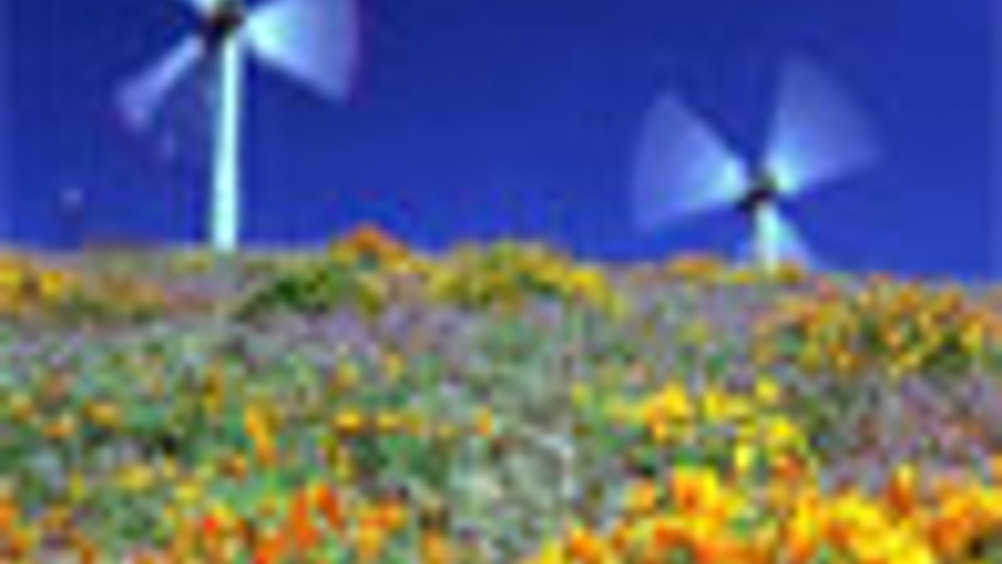Living off the grid
Microgrids promise reliable, efficient, environmentally-friendly electricity in a 'peer-to-peer' network.

Microgrids, the concept of transforming the electricity network from a single, central network to small, localised clusters, can lead to far more reliable and environmentally friendly power supplies. So claimed Dr. Tomas Markvart of
University and Professor Ray Arnold of Siemens, in a recently published article in Ingenia, the magazine of the Royal Academy of Engineering.
Also known as 'distributed energy' or 'distributed generation', microgrids mirror the structure of early electricity distribution. In those days, hundreds of unregulated companies managed generators that each provided power to a tiny region.
Controlling supply and demand with these systems was impossible, and small generators were hopelessly inefficient, leading to a gradual transformation into a single national authority, and a few gigantic stations.
According to Markvart and Arnold's report, the "evolution of energy technologies and the consequent awareness of the environmental impacts that this can bring" has reshaped what we should be looking for. This new version of distributed energy is to have a large number of household generators connected into a low voltage local network, on the same scale as a housing estate.
Register now to continue reading
Thanks for visiting The Engineer. You’ve now reached your monthly limit of premium content. Register for free to unlock unlimited access to all of our premium content, as well as the latest technology news, industry opinion and special reports.
Benefits of registering
-
In-depth insights and coverage of key emerging trends
-
Unrestricted access to special reports throughout the year
-
Daily technology news delivered straight to your inbox










Water Sector Talent Exodus Could Cripple The Sector
Maybe if things are essential for the running of a country and we want to pay a fair price we should be running these utilities on a not for profit...